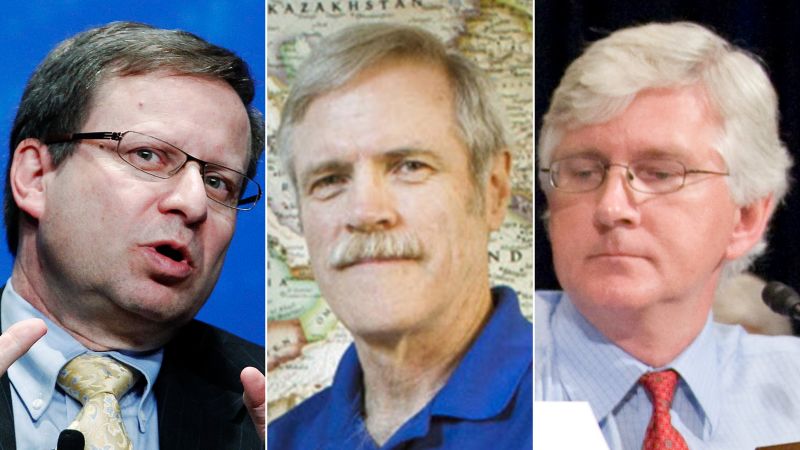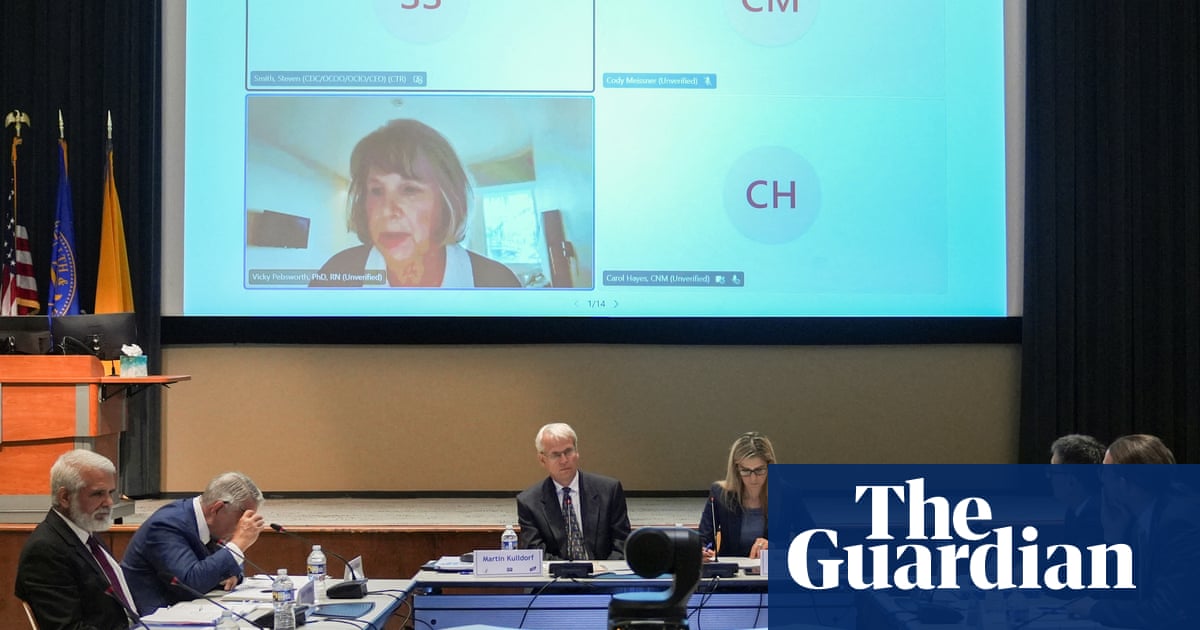Trump Administration’s Controversial Climate Hires Raise Concerns Among Scientists

The Trump administration has recently appointed three prominent researchers known for their skepticism of the scientific consensus on human-caused climate change. These appointments have sparked concern among scientists about the future direction of the U.S. government’s climate policy. The researchers, John Christy, Roy Spencer, and Steven E. Koonin, have been given roles within the Energy Department, led by Secretary Chris Wright, a former executive in the oil and gas industry.
John Christy and Roy Spencer, both affiliated with the University of Alabama at Huntsville, and Steven E. Koonin, a senior fellow at Stanford University’s Hoover Institution, have long been vocal about their dissenting views on climate science. Koonin, who previously served in the Department of Energy (DOE) under the Obama administration, is known for advocating a “red team” approach to climate science, which involves a public debate on the findings of climate research.
The appointments were first reported by The New York Times and later confirmed by CNN. According to an internal source at the Energy Department, Koonin is listed as a “special government employee,” Christy as an “expert,” and Spencer as a “consultant.” All three are linked to the office of Energy Secretary Wright.
Background and Implications
These appointments come at a time when the Trump administration is actively working to overturn a 2009 federal scientific finding that identifies planet-warming pollution as a threat to public welfare. This finding underpins numerous regulations aimed at reducing pollution across the nation. The Environmental Protection Agency is leading this effort, but it is expected to involve other agencies, including the Department of Energy.
Moreover, the administration has proposed significant cuts to public spending on climate science research, including the potential elimination of the National Oceanic and Atmospheric Administration’s research activities. This move has raised alarms among scientists who fear that the administration is undermining efforts to address climate change.
Expert Opinions and Concerns
Renowned climate scientist Andrew Dessler from Texas A&M University expressed concern over these hires, suggesting they signal an attempt by the DOE to reach predetermined conclusions on climate science.
“Hiring Koonin, Spencer, and Christy is not just irregular, it’s a recognition that none of the normal channels would not give them the answer they want,” Dessler said. “This seems to be a thread running through this administration. They don’t seek out legitimate expert opinion; instead, they find people to give them the answer they want.”
Christy, in response to CNN, emphasized that he was not involved with the National Climate Assessment or efforts to overturn the 2009 endangerment finding.
“I don’t know what is happening with the National Climate Assessment or the Endangerment Finding,” he wrote.
Dessler further noted that the language used by these researchers often reflects personal opinions rather than scientific arguments.
Historical Context and Future Outlook
The Trump administration’s approach to climate science has been characterized by skepticism and a preference for contrarian views. This is evident in its decision to let go of hundreds of scientists who were working on the next iteration of the congressionally mandated National Climate Assessment. Past iterations of these assessments, which are considered authoritative reports on the impacts of climate change in the U.S., have been removed from public access, and the educational website climate.gov has been shut down.
Climate scientist Zeke Hausfather highlighted the marginal nature of Koonin and Christy’s views within the broader climate science community.
“While Koonin and Christy are among the more reasonable climate contrarians, they represent a tiny minority view representing perhaps 1% or less of climate scientists,” he told CNN. “While it’s useful to assess a variety of views, specifically seeking out and elevating fringe views that are not supported by the vast majority of the scientific research on a subject is deeply problematic.”
Looking Ahead
As the Trump administration continues its efforts to reshape climate policy, the scientific community remains vigilant. The potential impact of these appointments on the future of climate science and policy in the U.S. is yet to be fully realized. However, the concern among experts is palpable, with many fearing that these moves could lead to a significant shift in how climate science is perceived and acted upon by the government.
The coming months will likely reveal more about the roles Christy, Spencer, and Koonin will play within the DOE and how their presence might influence the administration’s climate agenda. As the debate over climate policy intensifies, the scientific community will be closely monitoring these developments, advocating for evidence-based decision-making in the face of growing environmental challenges.






